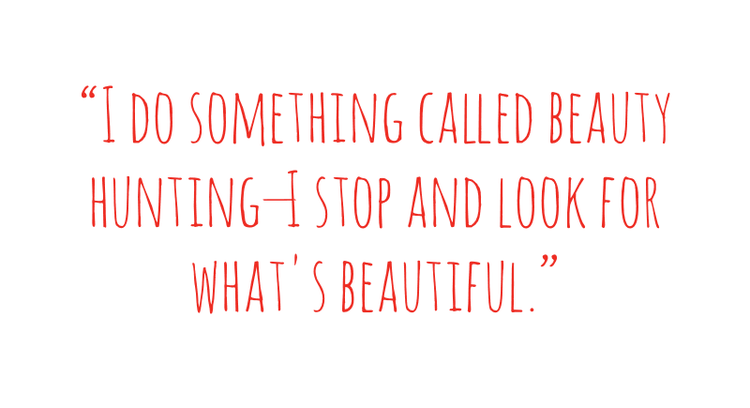Jennifer Pastiloff Gets You
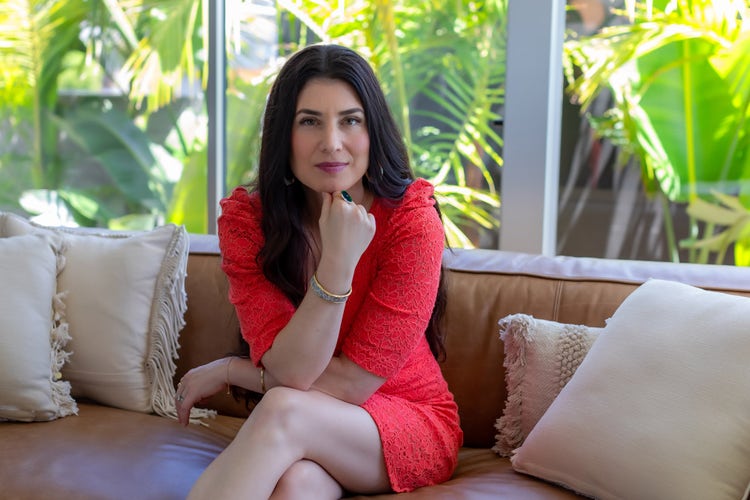
At 33, Jennifer Pastiloff was stuck—stuck physically at a job she didn’t love and stuck mentally in a deep-rooted depression. When pressured by an acquaintance to attend a yoga class, she wasn’t expecting much beyond getting him off of her back. To her surprise, yoga loosened all the pain, grief and self-limiting beliefs that had been holding her back. Pastiloff began teaching yoga and sharing her always-candid takes on life via blogs and Instagram. In the years that followed, the one-time career waitress amassed a devoted following who flocked to sold-out retreats across the country.
Pastiloff has since brought her unique style of teaching to thousands with her On Being Human workshops. She describes these workshops as “a hybrid of yoga-related movement, writing, sharing out loud, letting the snot fly and the occasional dance party.” In the over-saturated world of yoga retreat leaders, Pastiloff stands out because she’s unapologetically open about her struggles with depression, anorexia, grief and hearing loss.
We sat down with Pastiloff to discuss her best-selling book “On Being Human: A Memoir of Waking up, Living Real, and Listening Hard” (Dutton, 2019) and how she came to realize that the most meaningful—and marketable—thing she could offer the world was her most honest self.
Unlocked and uncurated
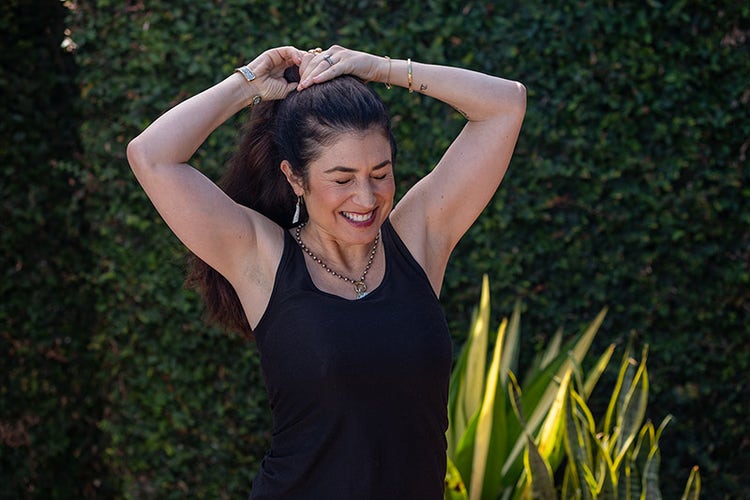
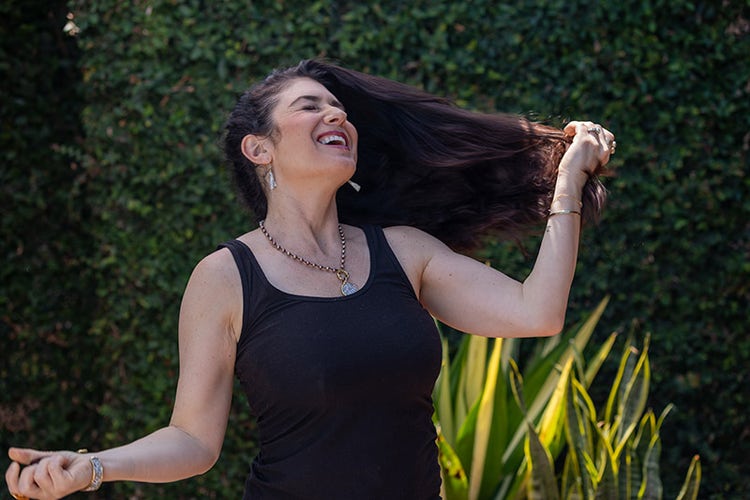
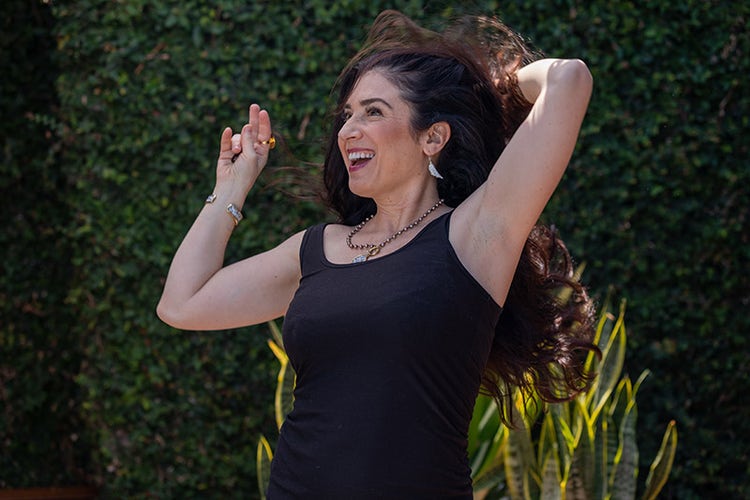
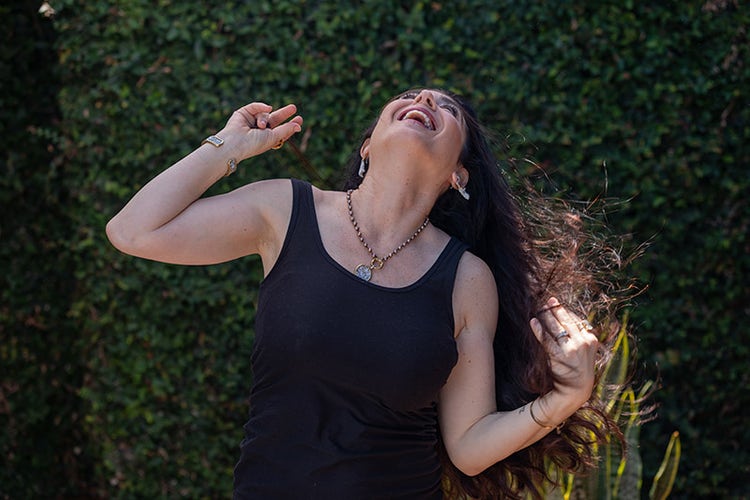
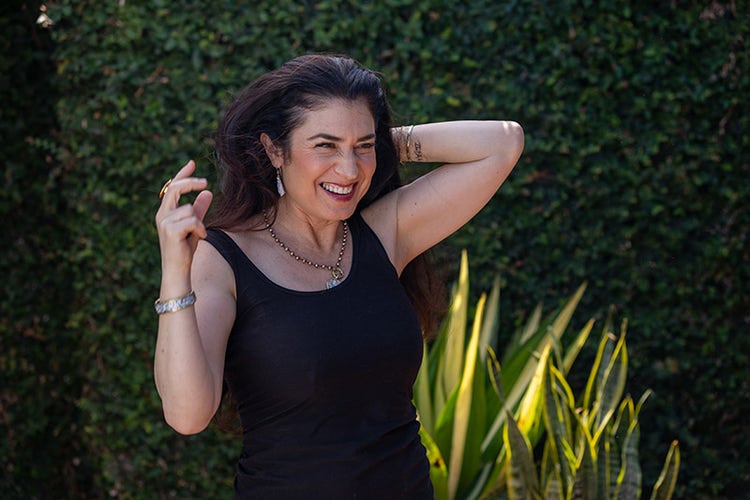
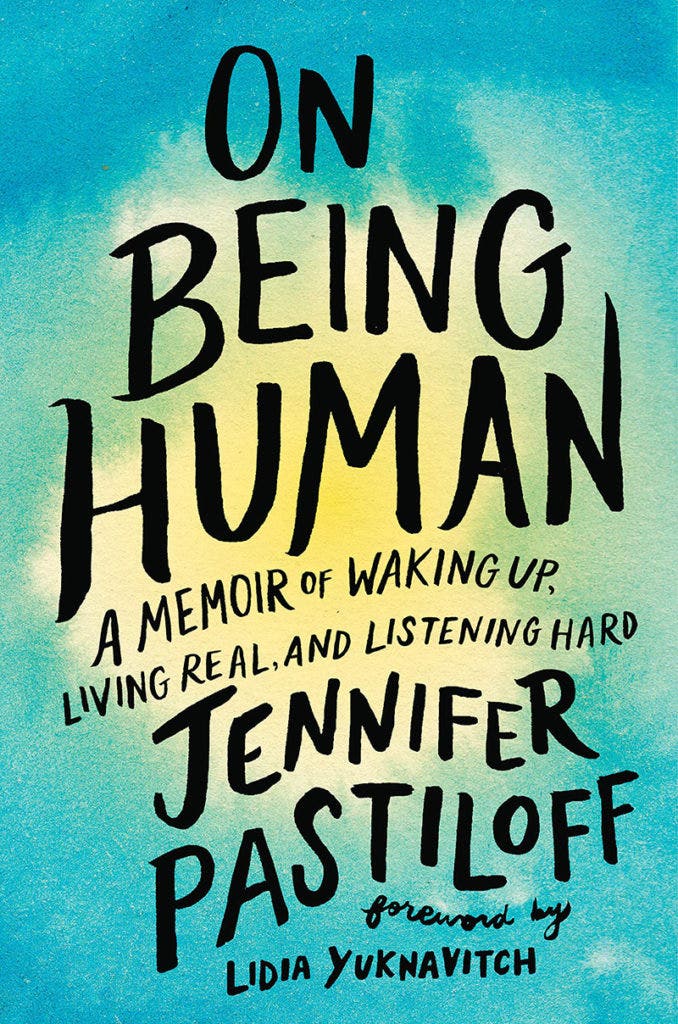
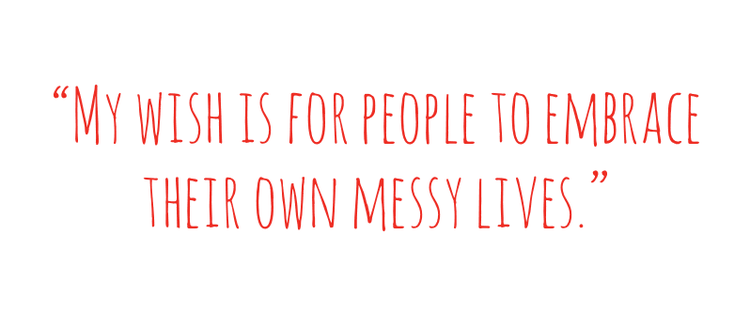
The idea of physical movement inspiring emotional change is at the root of Pastiloff’s workshops, which use not only yoga but also dance to release “the stories we have stored in our body,” as she puts it. As she began to move more, Pastiloff—a longtime storyteller and one-time New York University poet—began to write more. And what she wrote was unabashedly honest: “I share my life as is, and I don’t curate or make it perfect. And I have found that people find that really refreshing.”
By simply being herself, Pastiloff has inspired others to own, but not be defined by, their imperfections. “My wish for the book is for people to embrace their own messy lives,” she says. Pastiloff also wants her audience to think less about their audience and realize that the only authority on a person’s life is that person himself or herself. She says that owning your “real life-ness” not only puts you in touch with yourself but also connects you to other people on a profoundly human level.
Getting “got”
Pastiloff says that sharing her honest emotions motivates others to do the same: “I throw these little seeds out; it’s an invitation.” People generally want to share, and in sharing, they find connection, as Pastiloff did herself. For nearly 15 years, she had sat in a darkness she believed was unique to her. The more she shared and the more others shared back with her, the more she realized that “we’re all going through the same things; the details are different.”
This realization not only pulled her out of the darkness but also inspired her to do the same for others. The best thing she could offer to the world was her true, honest, messy self. Since her value inherently lied in her flaws, she was finally able to conclude that she alone was enough.
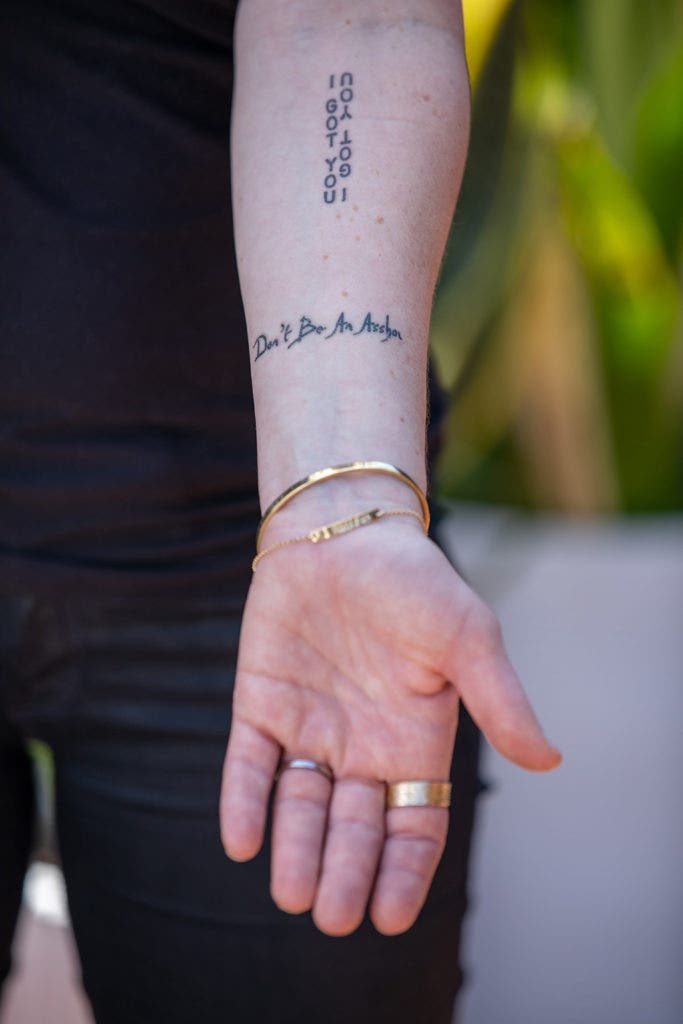
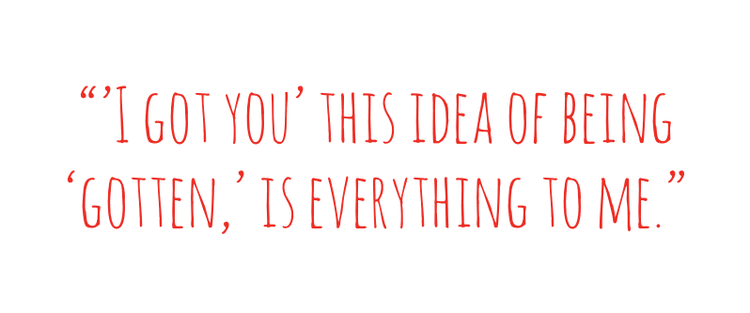
Pastiloff says people often get trapped in their own “just a” box. They tell themselves they are “just a mom” or “just a waitress” or “just a bad person.” She urges her readers to break out of the boxes, both the ones others have put them into and the ones they have built around themselves. After decades of self-hate, stemming from her father’s death, Pastiloff was able to stop limiting herself with “just a” thinking. She changed her mind on who she was and saw hopefulness in the infinite people she could become.
Sharing her truth and shedding her shame has helped Pastiloff cultivate a community of like-minded people. She believes everyone should “find people who have hearts that are similar to yours or outlooks that are similar to yours.” Then she advises to bare your soul and truly listen when they do the same. The resulting connection will be deeply human and deeply encouraging. Pastiloff believes there is nothing more powerful feeling seen, heard and understood: “Community is everything to me, as is ‘I got you,’ this idea of being gotten.”
Listening for beauty

Pastiloff says listening to another person is life-changing. She’s a good listener. This is especially notable because she cannot hear. Pastiloff has long suffered from tinnitus and relies on hearing aids and lip-reading. In order to converse, Pastiloff must get up close—sometimes even on the person’s lap—and focus very intently. This not only allows her to hear, but it also gives her a “gateway to presence.” She doesn’t miss a word or an emotion behind the word. This serves her well in both business and life.
Being a good listener, though, Pastiloff explains, is not only about focus but also about “learning how to bear witness,” without fixing or giving advice. She says that simply holding space and not saying a single thing is often the best way to tell someone that they are heard and they are safe.
Pastiloff’s inability to hear not only has refined her listening but also her seeing. Being hyper-present allows her to “beauty hunt.” Once only able to focus inward on her own demons, she now sees beauty in the unexpected: the light shining through the cafe window and the softness in a friend’s eyes. If you can find beauty, even in an otherwise sad or disappointing experience, Pastiloff believes you can steer away from shame and toward acceptance. Connecting to the beauty outside of you ultimately helps you recognize the beauty inside of you. Paying attention becomes spiritual, and spirituality makes you more gracious, compassionate and self-actualized.
If this piece resonated with you, read Pastiloff’s book, follow her on Instagram or see her in person. If it didn’t, she’s OK with that. She’ll find the beauty anyway.
Video and photo credit: Todd Cribari, inspirostudio.com
Hair and makeup: Katie Nash, katienashbeauty.com
